Speakers at a discussion programme in Dhaka highlighted the role of civil society in the current reformation process of the state. They also suggested the reformation should start from the civil society itself.
Rezwana Karim Snigdha, Associate Professor in the Anthropology Department at Jahangirnagar University, carried out the discussion session on Thursday at the Lalmatia office of Bangladesh Institute of Social Research (BISR) Trust while prominent sociologist Dr Khurshid Alam presided over the session.
Rezwana criticized the current state of civil society in Bangladesh, stating that it often aligns with political parties or governments rather than serving the broader public interest.
She emphasized that without a robust civil society, leadership and democratic processes may falter.
Dr. Khan Sarifuzzaman, a lecturer in Government and Politics department at the Shanto-Mariam University of Creative Technology, added that Bangladesh has not yet fully developed as an independent entity due to the persistence of colonial and regional influences in its legal and administrative systems. He advocated for a complete overhaul of the existing systems to foster effective governance.
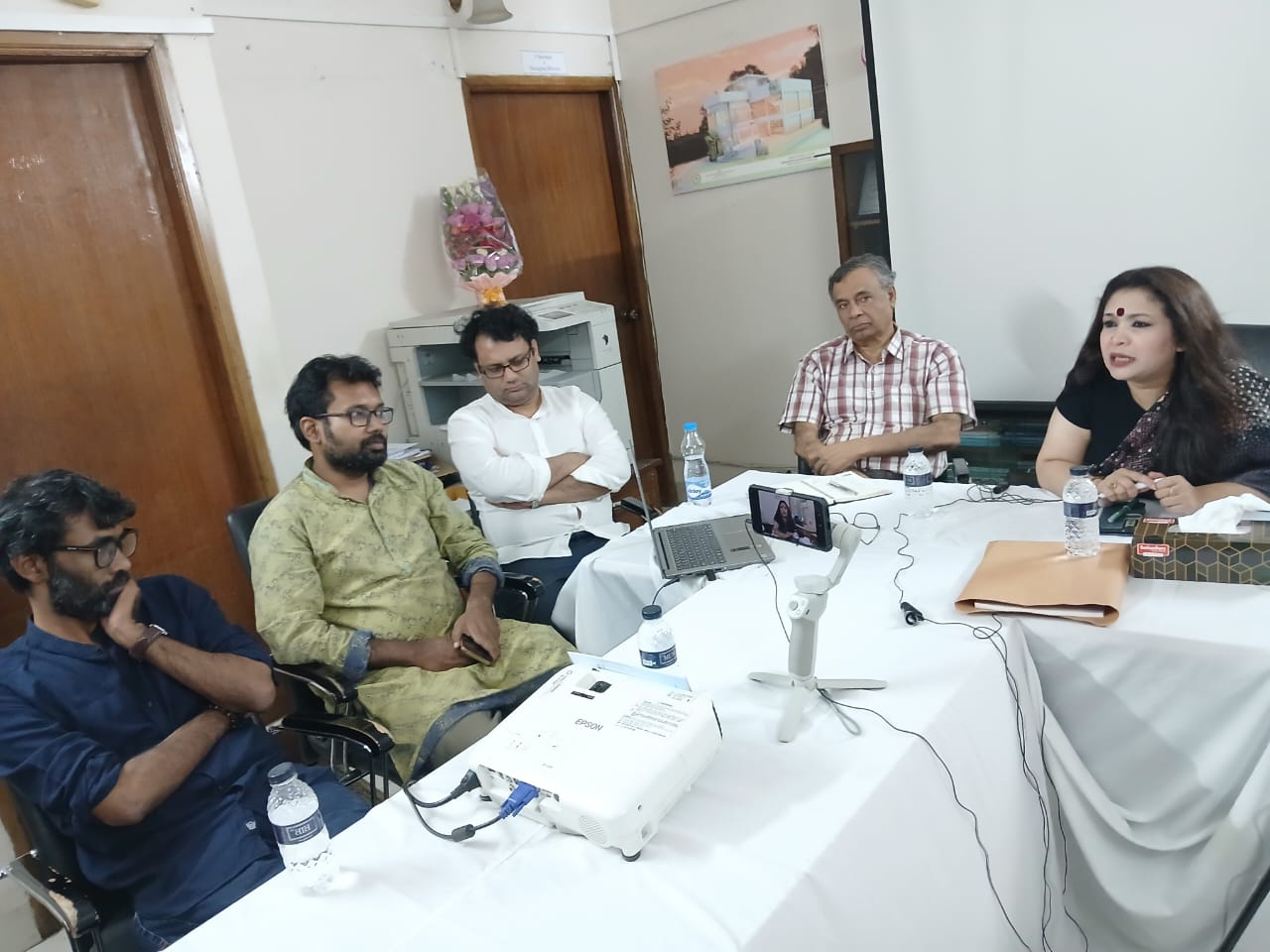
However, Bangladesh Institute of Social Research (BISR) Trust highlighted concerns regarding the inadequate rehabilitation of individuals affected by the Padma Bridge project.
Dr. Khurshid Alam, a prominent sociologist and Chairman of BISR Trust expressed that while the project has facilitated easier transportation, it has failed to provide equitable resettlement for people living in adjacent areas, as well as various professional groups.
Speaking at the discussion, Dr. Alam pointed out the lack of awareness and accountability within civil society as a major factor behind the insufficient rehabilitation efforts.
He criticized the state for not ensuring fair treatment of all citizens, noting that women in particular have faced and are also facing increased social discrimination.
Dr. Alam further explained that the construction of the Padma Bridge has significantly inflated land prices in the surrounding areas. As a result, male family members have been disproportionately benefiting from the increased property values, often at the expense of their female siblings` inheritance depriving them. He attributed this inequality to a lack of effective civil society intervention.
He also voiced concern over the recognition of individuals who died in the Anti-Discrimination Student Movement.
According to Dr. Alam, those who had already established social prominence are being more readily acknowledged, while the contributions and sacrifices of marginalized workers and low-income individuals are being overlooked.
He emphasized the need for a responsible civil society to address these disparities and advocate for a fair representation of all affected groups.
Dr. Alam argued that legal reforms can address statutory discrimination, but tackling social inequality requires a more comprehensive approach involving sociologists and anthropologists. He urged for further research and subsequent actions based on findings to address these issues.
The event was attended by students from various public and private universities as well as researchers from BISR Trust.
The Bangladesh Institute of Social Research (BISR) Trust is a non-governmental, non-profit, non-political organization focusing on social justice, development, and human rights. It aims to promote social change and improve the quality of life for marginalized communities through research, educational support, and advocacy for policy making as well as change.


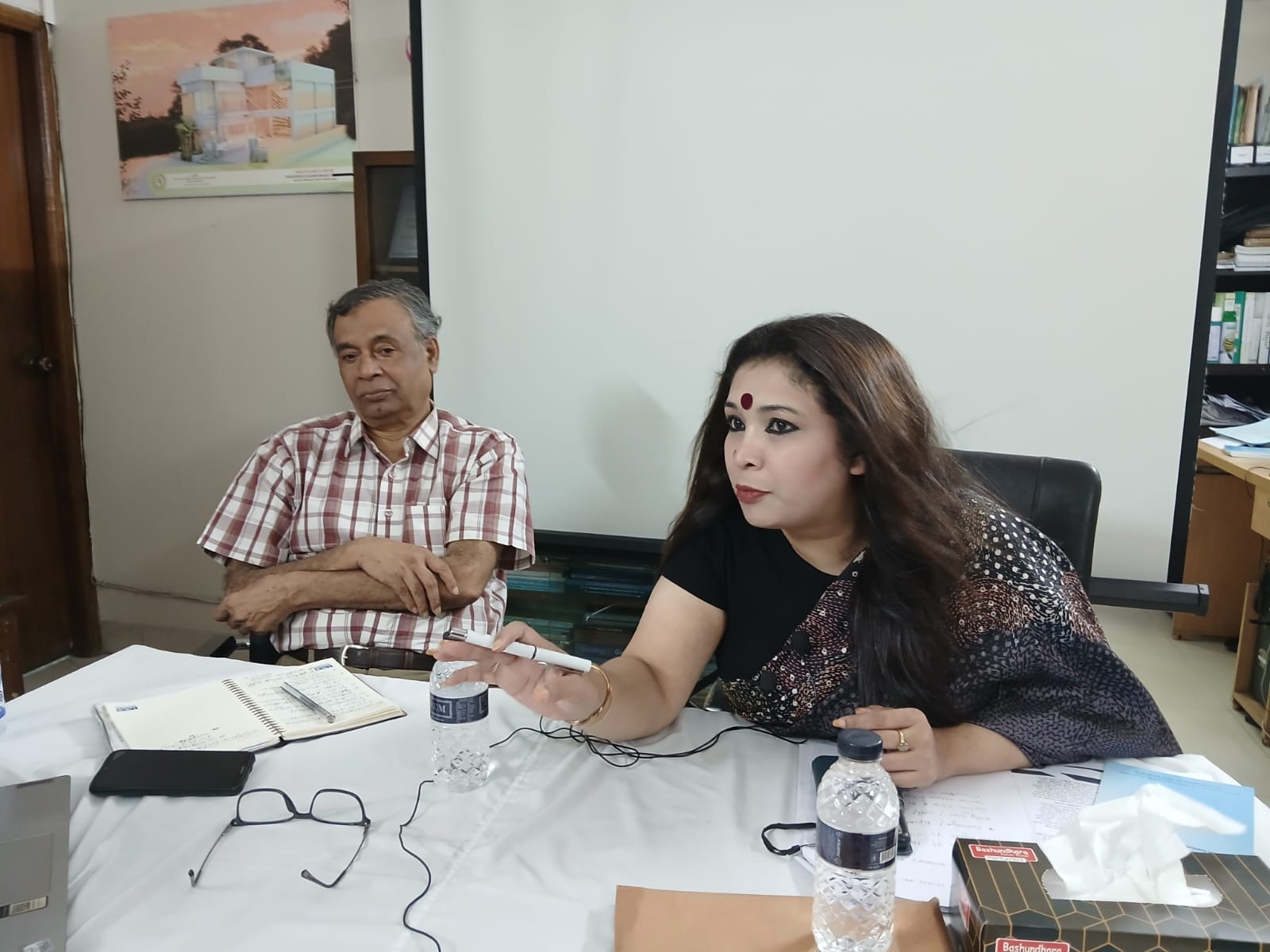




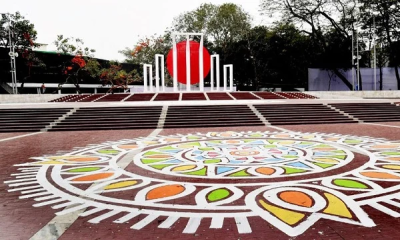



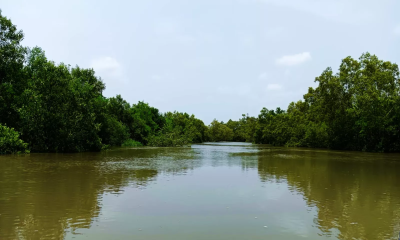

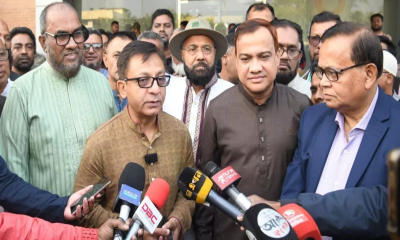
-20260220065859.jpeg)
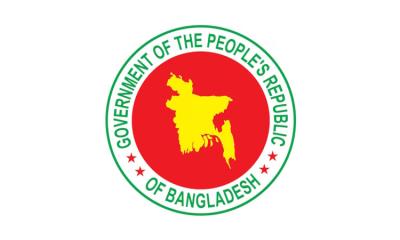
-20260219110716.webp)
-20260219054530.webp)














